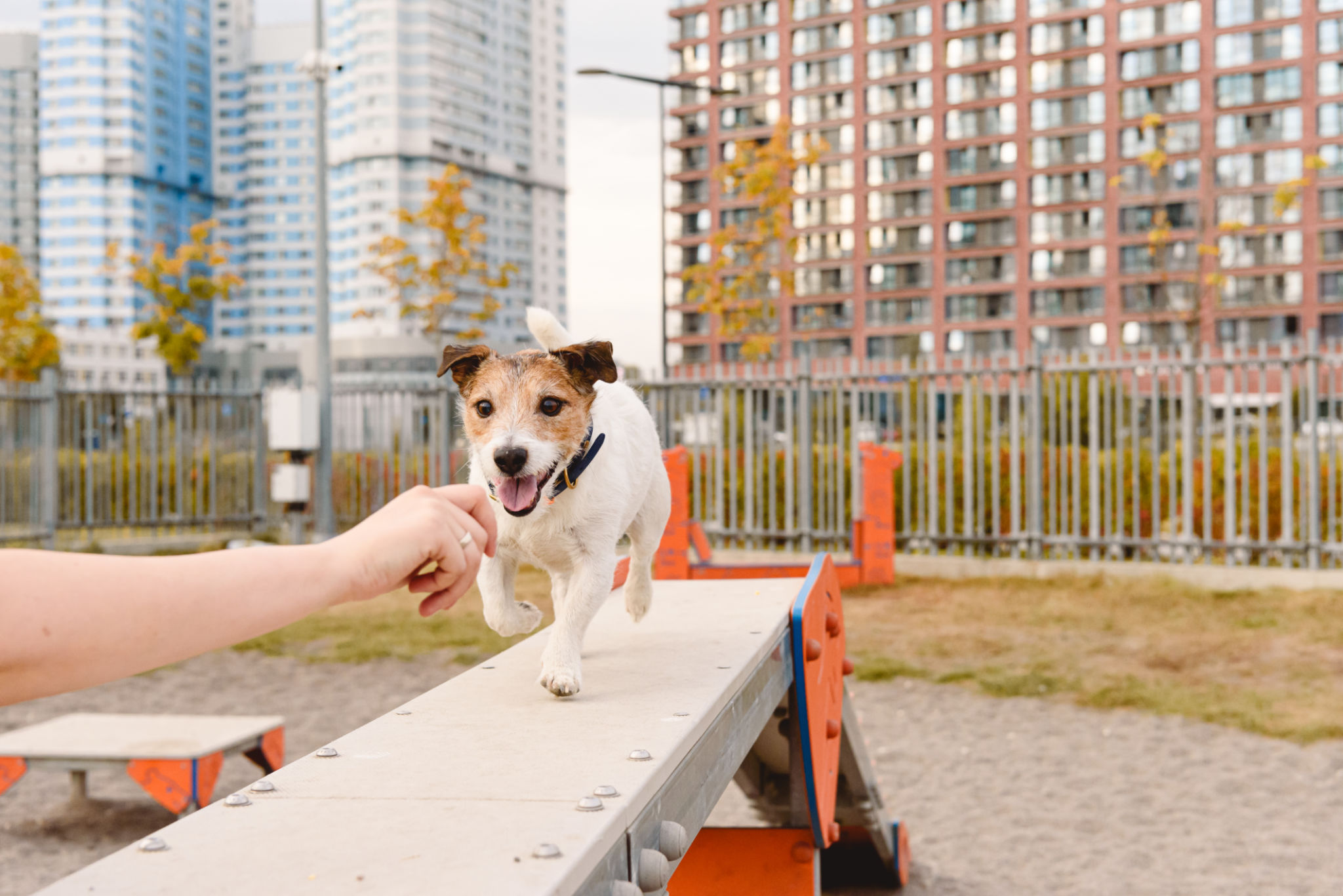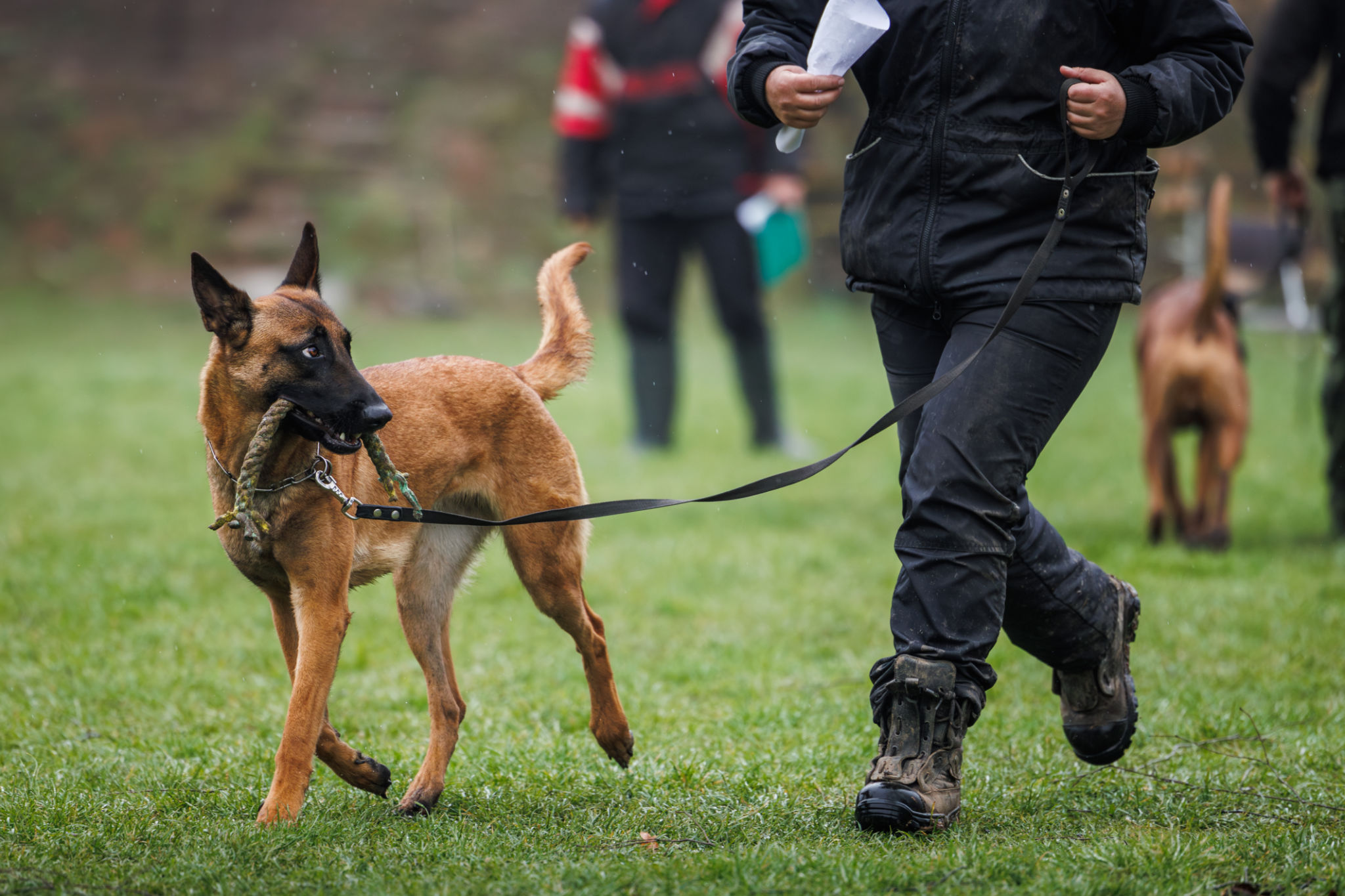The Ultimate Guide to Behavioral Dog Training in Bennett
Understanding Behavioral Dog Training
Behavioral dog training is more than just teaching your pet to sit or stay; it's about understanding their behavior and modifying it to better suit a harmonious living environment. In Bennett, where dog parks and outdoor spaces abound, ensuring your dog is well-behaved is essential. This guide will delve into the intricacies of behavioral training, offering insights and techniques to help you and your furry friend thrive.

The Importance of Positive Reinforcement
Positive reinforcement is a cornerstone of effective behavioral training. By rewarding desired behaviors with treats, praise, or playtime, you encourage your dog to repeat these actions. Consistency is key—ensure you reward your dog immediately after the desired behavior to reinforce the connection.
Avoid using negative reinforcement, as it can lead to fear and anxiety, which may exacerbate behavioral issues. Instead, focus on patience and understanding, recognizing that each dog learns at their own pace.
Identifying Common Behavioral Issues
Understanding common behavioral issues can help you address them effectively. Some of the most frequent problems include:
- Excessive barking
- Separation anxiety
- Aggression towards other dogs or people
- Destructive chewing
Recognizing these issues early allows you to implement training strategies before they become ingrained habits.

The Role of Socialization
Socialization plays a significant role in behavioral training. Introducing your dog to various environments, people, and other animals helps them become well-adjusted and less prone to anxiety or aggression. In Bennett, opportunities for socialization are plentiful, with numerous dog-friendly cafes and community events.
Start socialization early, ideally during the puppy stage, but remember it's never too late to begin. Gradually expose your dog to new experiences, ensuring each introduction is positive and stress-free.
Enlisting Professional Help
Sometimes, professional intervention is necessary, especially if your dog's behavioral issues are severe or persistent. Professional trainers in Bennett offer classes tailored to your dog's specific needs, providing expert guidance and support to both you and your pet. Look for trainers who use positive reinforcement techniques and have a track record of success.

Creating a Training Plan
A structured training plan can significantly impact your dog's behavior. Set clear goals for what you want to achieve and outline the steps necessary to reach these objectives. Regular training sessions, even if they are short, can help maintain progress and reinforce good behaviors.
Remember to be flexible—if a particular strategy isn't working, don't hesitate to adjust your approach. Every dog is unique, and what works for one may not work for another.
Maintaining Consistency at Home
Consistency at home is crucial in behavioral training. Ensure all family members are on the same page regarding training techniques and commands. Mixed signals can confuse your dog and hinder progress. Use the same words for commands and establish a routine that incorporates training into everyday activities.
By following these guidelines and remaining patient and committed, you'll be well on your way to having a well-behaved companion ready to enjoy everything Bennett has to offer.